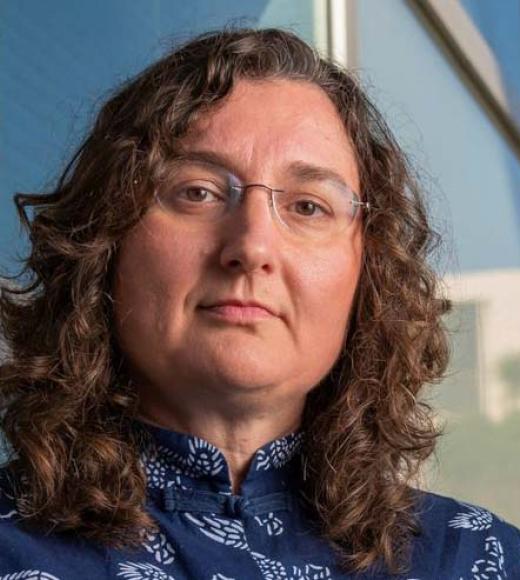
Position Title
University of California, Santa Barbara
Prof. Susannah Scott
Abstract
Catalytic Upcycling of Polyethylene by Redistributing Hydrogen
A successful circular economy for carbon will depend on the ability to create value from waste plastics in ways that mechanical recycling has not delivered. Chemical strategies to disassemble polymers must be able to generate valuable carbon-based chemicals without the need for large inputs of energy or chemical resources. Partial depolymerization of polyethylene can be achieved at moderate temperatures by coupling reactions that create and consume hydrogen. This talk will describe thermodynamic considerations for tandem hydrogenolysis-aromatization to alkylaromatics and kinetic challenges in using commodity polymers as recycled carbon feedstocks.
Biography
Susannah Scott is a Distinguished Professor in both Chemical Engineering and Chemistry & Biochemistry at the University of California, Santa Barbara. She received her Ph.D. in Inorganic Chemistry from Iowa State University, under the direction of Jim Espenson and Andreja Bakac, for her work on the activation of O2 and transition metal-catalyzed oxidation mechanisms. After a NATO Postdoctoral Fellowship with Jean-Marie Basset at the Institut de recherches sur la catalyse (CNRS) in Lyon, France, she joined the faculty of the University of Ottawa (Canada) in 1994, where she was named a Canada Research Chair in 2001. In 2003, she moved to the University of California, Santa Barbara, where she currently holds the Duncan and Suzanne Mellichamp Chair in Sustainable Catalysis and is the Chair of the Academic Senate.
Scott is an Executive Editor for ACS Catalysis, a member of the Board of Reviewing Editors for Science, and a member of Scientific Advisory Boards at the Fritz Haber Institute, SUNCAT, SSRL, and NREL. Her research interests include the design of heterogeneous catalysts with well-defined active sites for the conversion of unconventional carbon-based feedstocks, as well as environmental catalysts to promote air and water quality. She develops new kinetic and spectroscopic methods to probe reaction mechanisms. In 2014, she founded the Mellichamp Academic Initiative in Sustainable Manufacturing and Product Design at UC Santa Barbara, where she now leads an interdisciplinary program in research and education involving faculty from chemistry, chemical engineering, materials, environmental science, industrial ecology, technology management, political science, economics, and science communication. In 2022, she will chair the Gordon Research Conference on Catalysis.